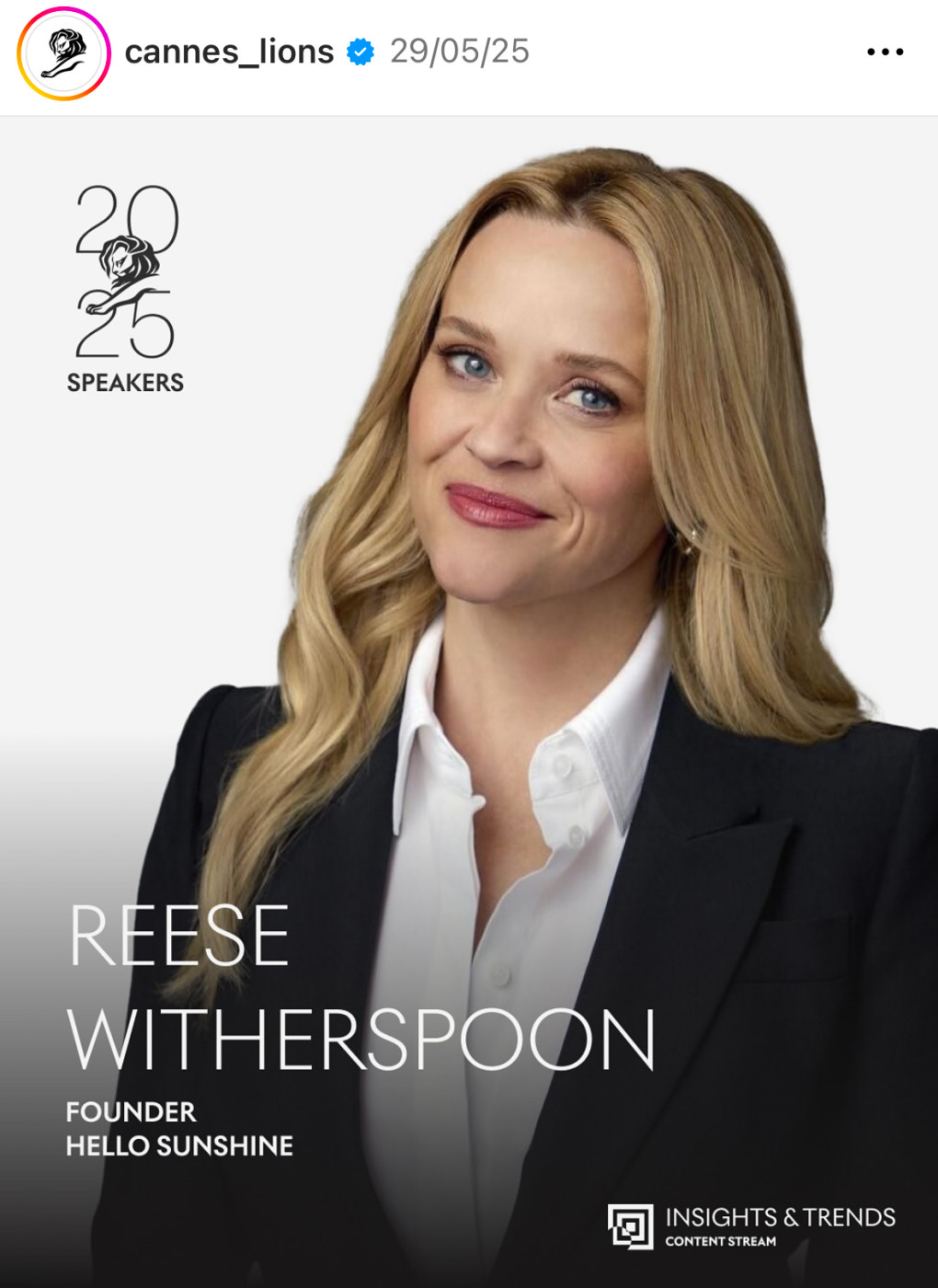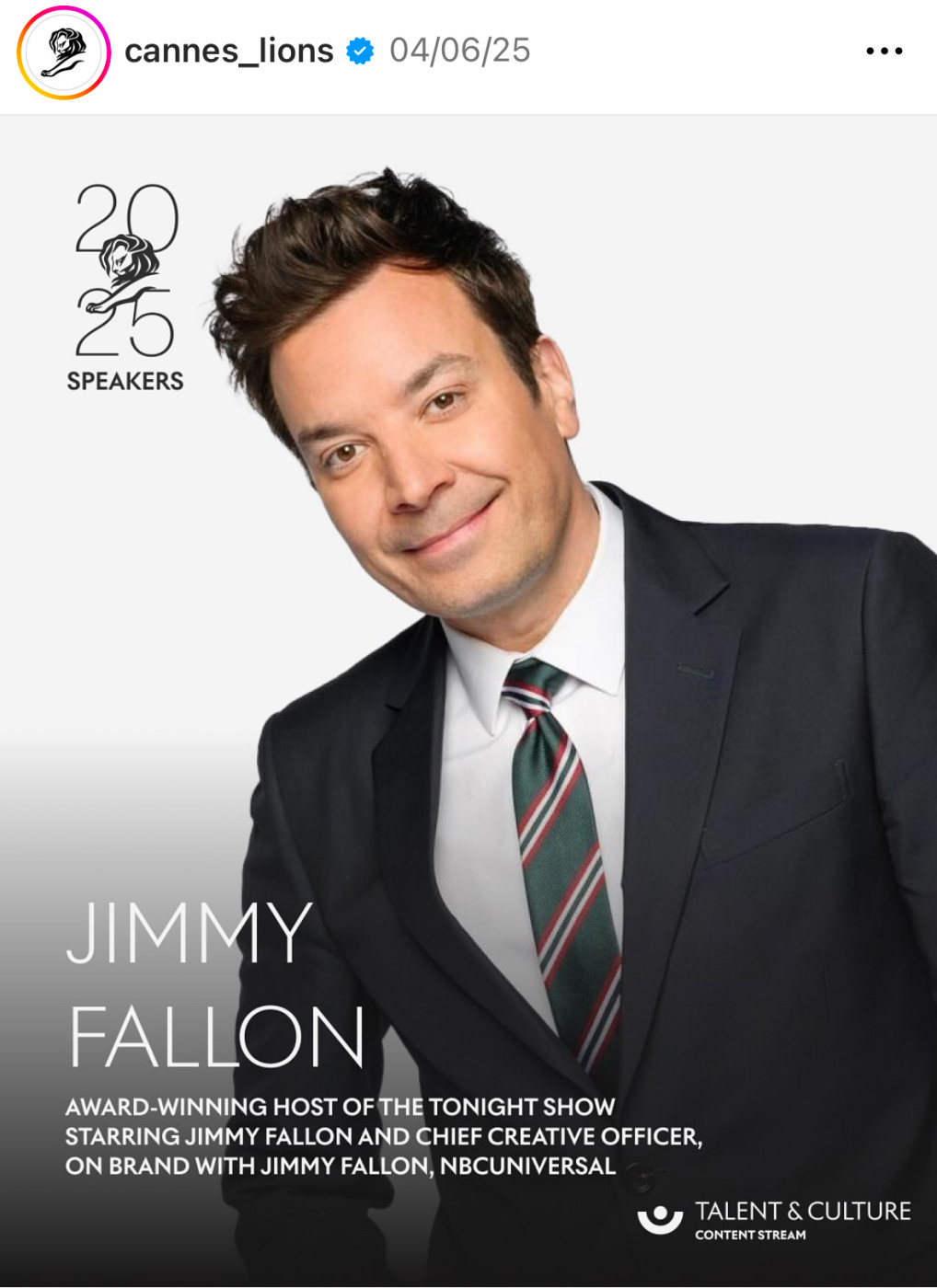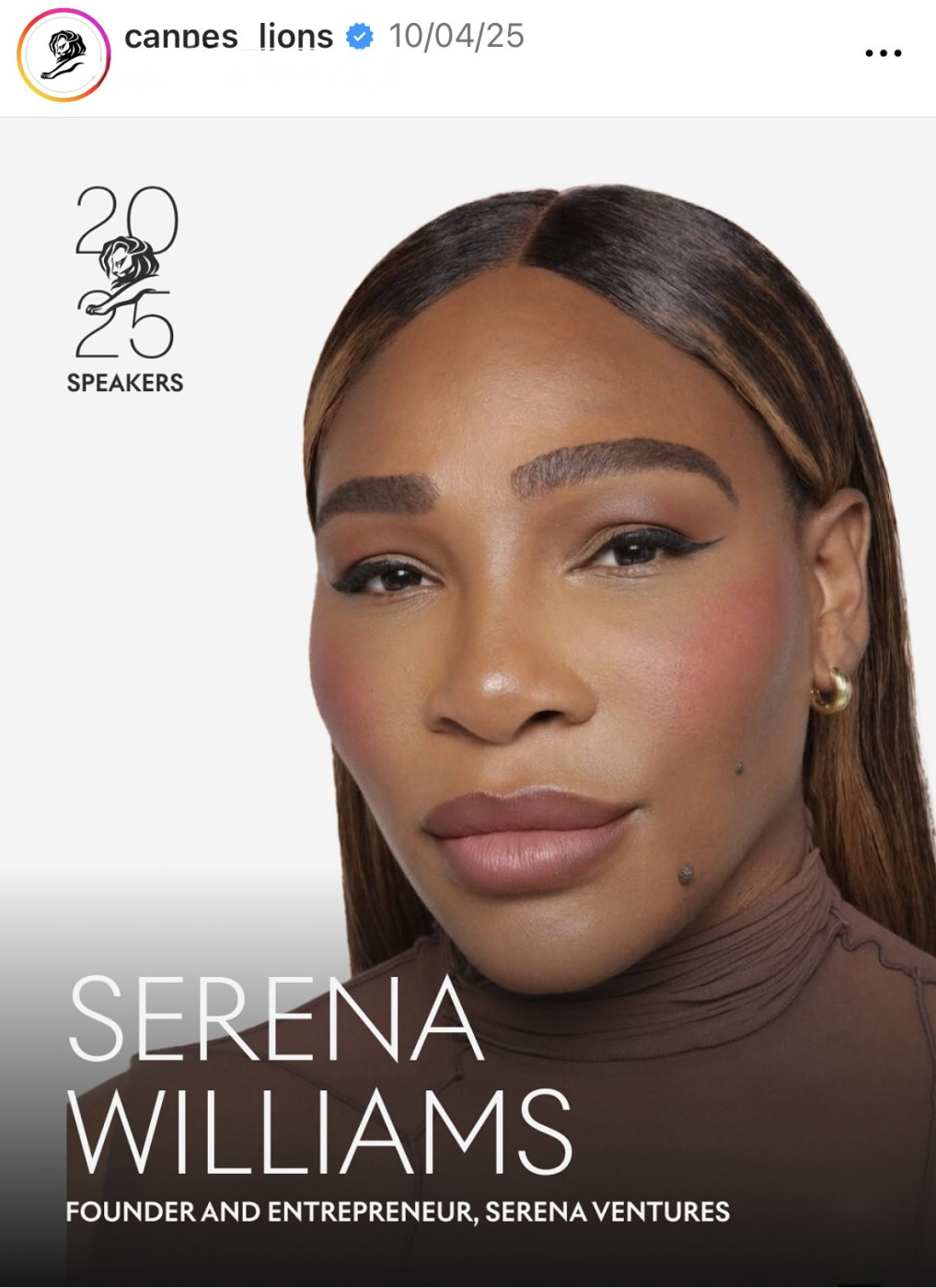
All you need to know about Cannes Lions 2025
As the final golden rays set over the Croisette, the Cannes Lions International Festival of Creativity wrapped its 72nd edition with a celebration of stories that stirred, shifted and sparked real-world change. What began in 1954 as a niche gathering of advertising minds has evolved into a global barometer for cultural storytelling, and this year, more than ever, creativity reasserted itself as the most potent force for transformation. From the surreal to the seismic, the campaigns honoured across the week told stories that not only captured attention but catalysed change. In a media ecosystem saturated with noise, these were works that rose above, sparked conversation, and — crucially — made a difference.
Adding further star power to the Riviera, this year’s Festival welcomed a stellar lineup of entrepreneurial celebrity speakers whose personal stories deepened the dialogue around creativity, storytelling and cultural impact. From tennis icon Serena Williams to late-night luminary Jimmy Fallon, each brought their unique perspective on reaching and resonating with global audiences. Actor, producer and literary tastemaker Reese Witherspoon took to the stage, as well as Balmain’s trailblazing creative director Olivier Rousteing and supermodel Winnie Harlow — each reinforcing that creativity knows no boundaries, and that powerful stories can come from anywhere.
Stories that shift the frame
In the hotly anticipated Film category, two Grand Prix winners stood out not only for their artistry but for their insistence on shifting narratives. Channel 4’s “Paris Paralympics 2024: Considering What?” offered a radical reframe of how disability is portrayed in sport. A fever dream of surreal visuals and razor-sharp editing, the campaign was part protest, part poem — a cinematic strike against condescension that left audiences rethinking their own biases. The message was clear: para-athletes aren’t just your source of inspiration; they’re elite, fierce, and gloriously human. Meanwhile, McCann Paris delivered a slow-burn revelation with “The Final Copy of Ilon Specht”, a 17-minute filmic homage to the woman behind L’Oréal’s iconic tagline, “Because I’m Worth It.” Through intimate archive footage and voiceover narration, the campaign repositioned the slogan not as a catchy corporate quip, but as a revolutionary feminist statement — one that continues to reverberate across beauty counters and boardrooms alike. It was a moment of cultural reckoning: behind every iconic line, a woman writing her worth. Saudi Arabia marked a milestone, too, with its first-ever Film Lion — a signal of the region’s growing creative confidence. It was the “Obsession” campaign by BigTime Creative Shop (Riyadh) for Riyadh Season that took home the Bronze. The film follows a visceral, high-stakes boxing match where a fighter battles not just his opponent but the overwhelming pressure of obsession and perfection. Set against a moody, intense backdrop, the narrative symbolises the relentless drive behind Riyadh Season’s ambition, portraying the city’s cultural rise as a fight for global recognition.
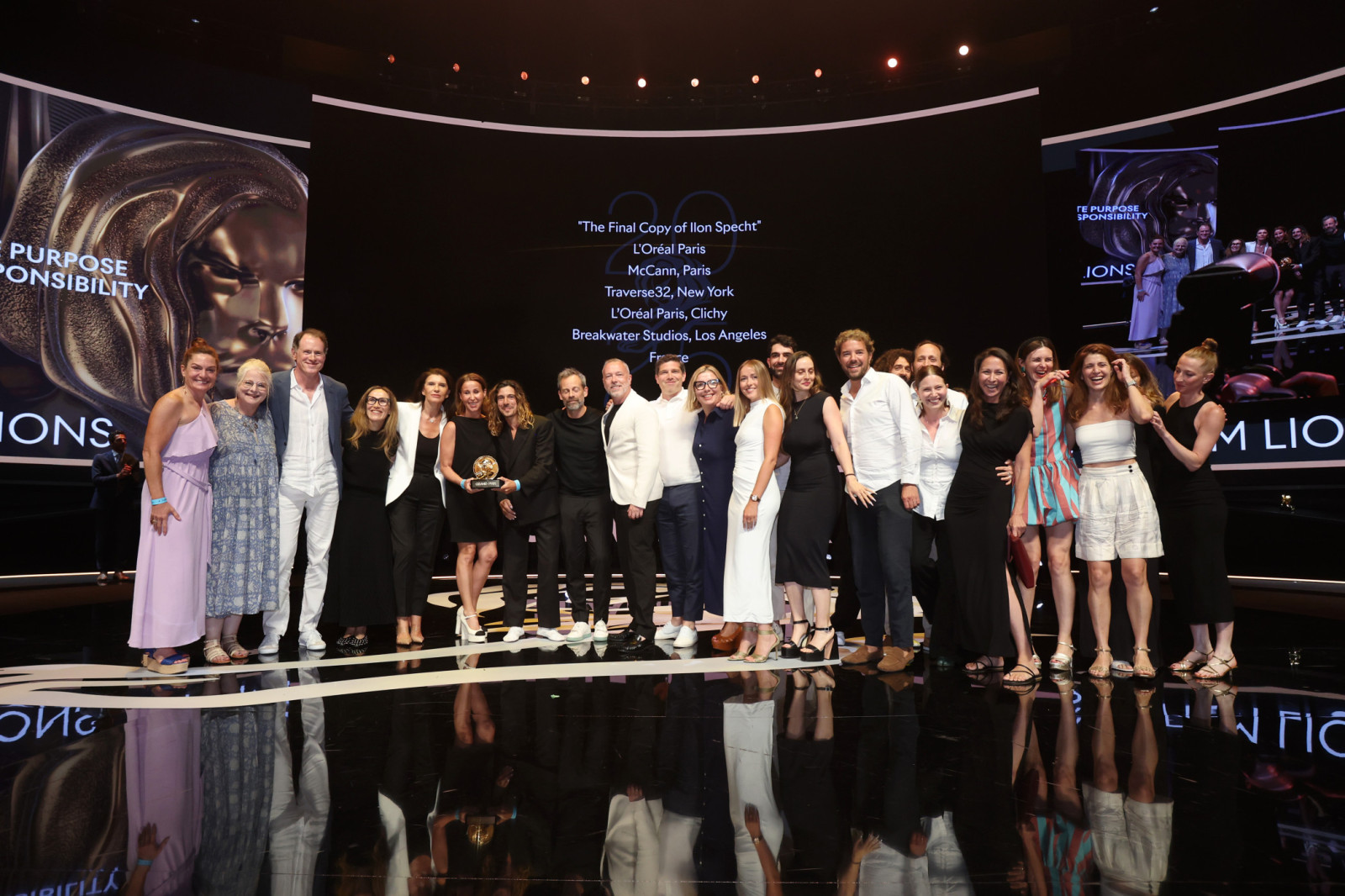
Policy as Poetry: The Titanium Grand Prix
The most prestigious honour, the Titanium Grand Prix, was awarded to Publicis Conseil’s campaign for AXA, titled “Three Words.” But this was no glossy reel — it was a real-world policy shift. By adding just three words — “et violences conjugales” (“and domestic violence”) — to AXA’s home insurance contracts in France, the brand transformed its policies into lifelines. When a woman calls in crisis, help is dispatched instantly — no questions, no paperwork, no delay. Jury president Judy John called it “the first domino in a movement,” a phrase that echoed through Palais press rooms all week.
Singapore, too, entered the Titanium echelon for the first time, with a debut Titanium Lion awarded to “Vaseline Verified”, a standout campaign from Ogilvy Singapore in collaboration with Unilever’s Vaseline. The film cleverly tested popular beauty hacks from the web — namely viral TikTok tricks involving Vaseline — to separate fact from fiction. Each “hack” was put to the test, scientifically validated (or debunked), and presented as bite-sized, engaging demonstrations. The result was a campaign that blended online beauty advice with science to reinforce Vaseline’s reputation as the trusted “Wonder Jelly”, earning it both creative acclaim and audience trust.
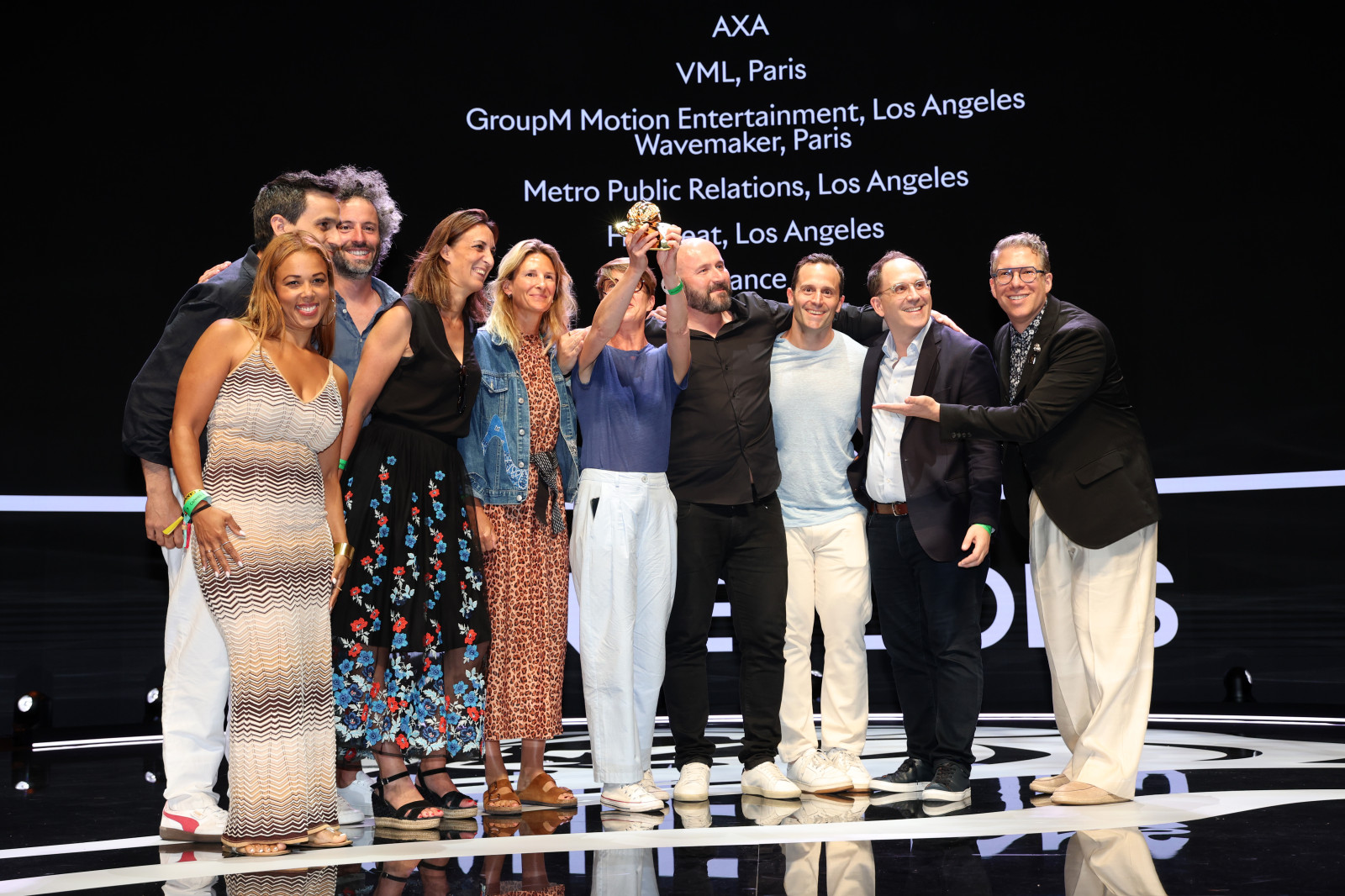
Real Beauty, Real Impact
Dove, a Cannes Lions veteran, returned to the spotlight with a Glass: The Lion for Change Grand Prix that traced the brand’s two-decade commitment to redefining beauty norms. “How a Soap Brand Created a Global Self-Esteem Movement,” by Ogilvy UK, examined the ripple effect of campaigns like Real Beauty Sketches and the Dove Self-Esteem Project. No gimmicks, no vanity metrics — just sustained, measurable social impact. From bathroom mirrors to classrooms, Dove’s message has transcended commercial branding to become something rarer: a global movement.
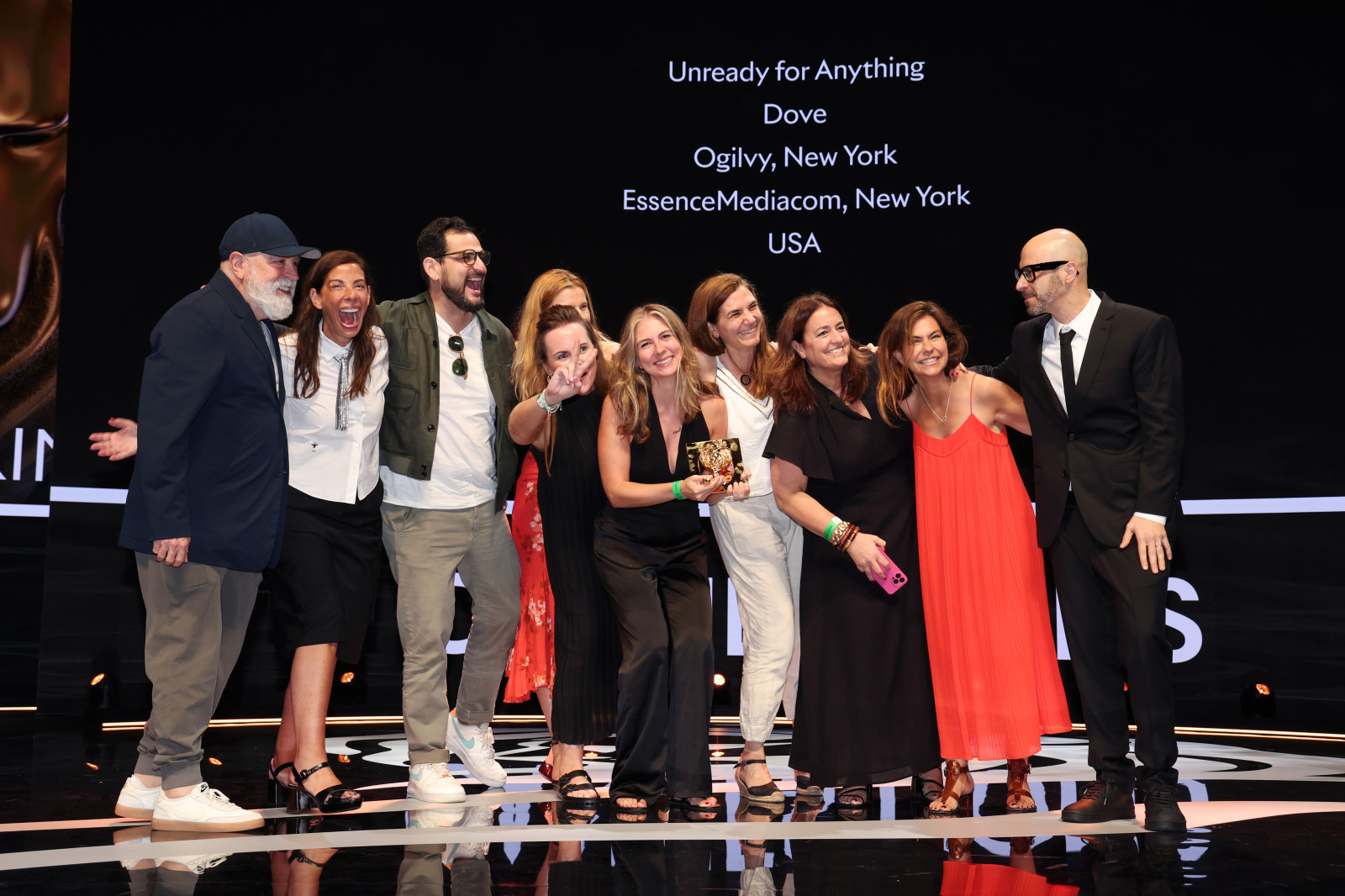
The Amazon, Rendered in Code
In the Sustainable Development Goals category, Brazil won its first-ever Grand Prix with a campaign that blended ecology, tech and community empowerment. “The Amazon Greenventory”, developed by Africa Creative DDB for Natura, used drones and AI to map over 400km² of rainforest, identifying 30,000 trees and reimagining sustainable harvesting in partnership with local communities. In a time when eco-washing is rife, this was something else: data-driven sustainability with indigenous wisdom at its heart.
Herpes, Reframed — and Rebranded
The Grand Prix for Good went to New Zealand’s Herpes Foundation for the brilliantly irreverent “The Best Place in the World to Have Herpes”, created with FINCH and Motion Sickness. Yes, really. Through humour, bold visuals, and a touch of Kiwi self-deprecation, the campaign reframed the STI stigma by introducing a live world ranking and digital education platform. It was sex-positive, wildly creative, and — in its own punkish way — deeply human.
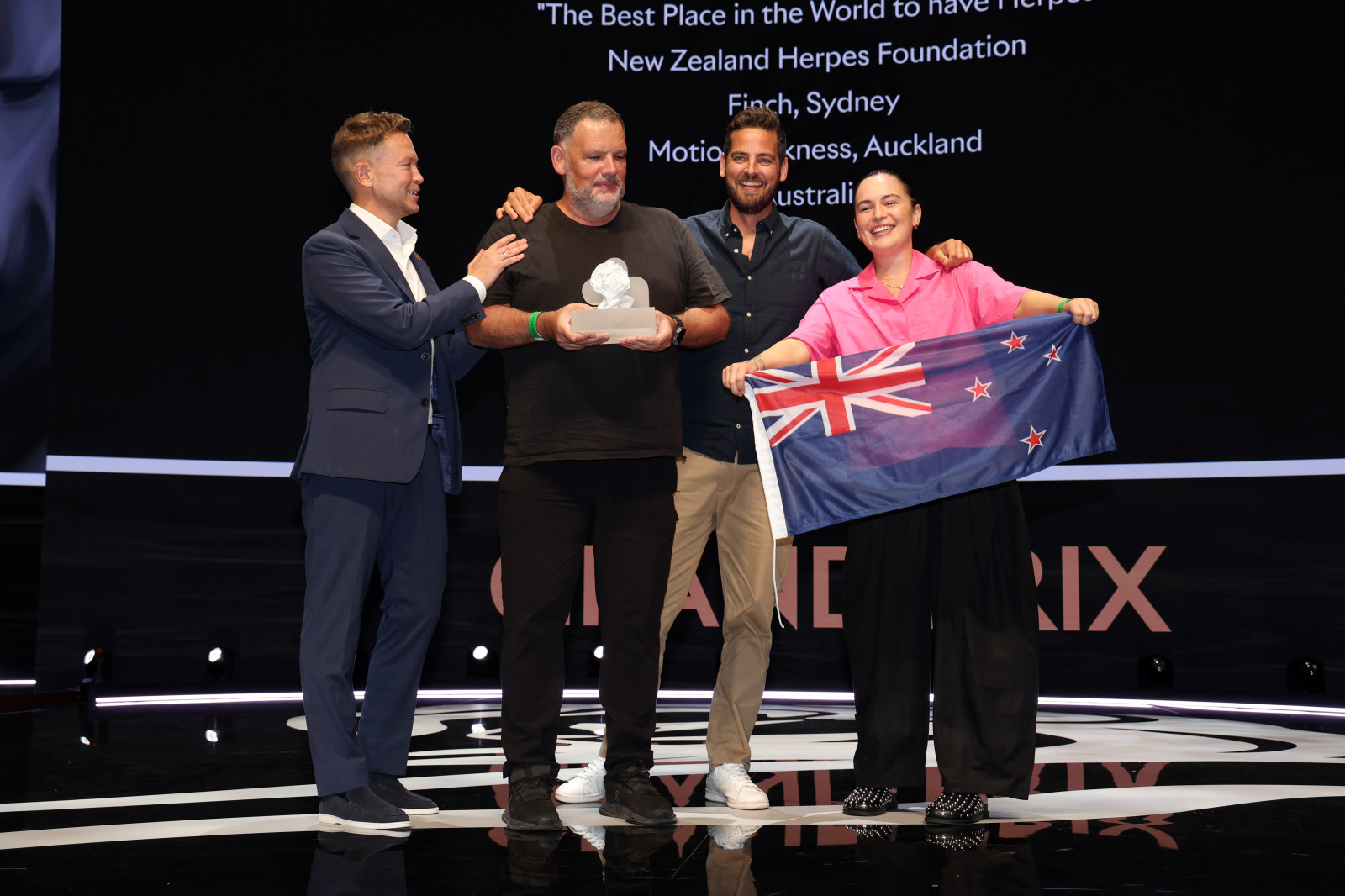
Other memorable moments from the Croisette
The festival’s Special Awards brought added glitz to the Palais stage. WPP was crowned Creative Company of the Year, with Omnicom and Interpublic Group close behind. In the agency stakes, DDB Worldwide topped the global network rankings, while Publicis Conseil, Paris clinched Agency of the Year, proving that the French capital still knows how to make the world watch.
Among independents, Serviceplan (Munich), Rethink (Toronto), and Bear Meets Eagle On Fire (Sydney) stole the show — proof that agility and originality often win over scale.
AXA was named Creative Brand of the Year, a nod to its bold stance on domestic violence, followed by Dove and Vaseline. In production, Australia’s Revolver took the coveted Palme d’Or, with Iconoclast (USA) and Biscuit Filmworks (UK) rounding out the top three.
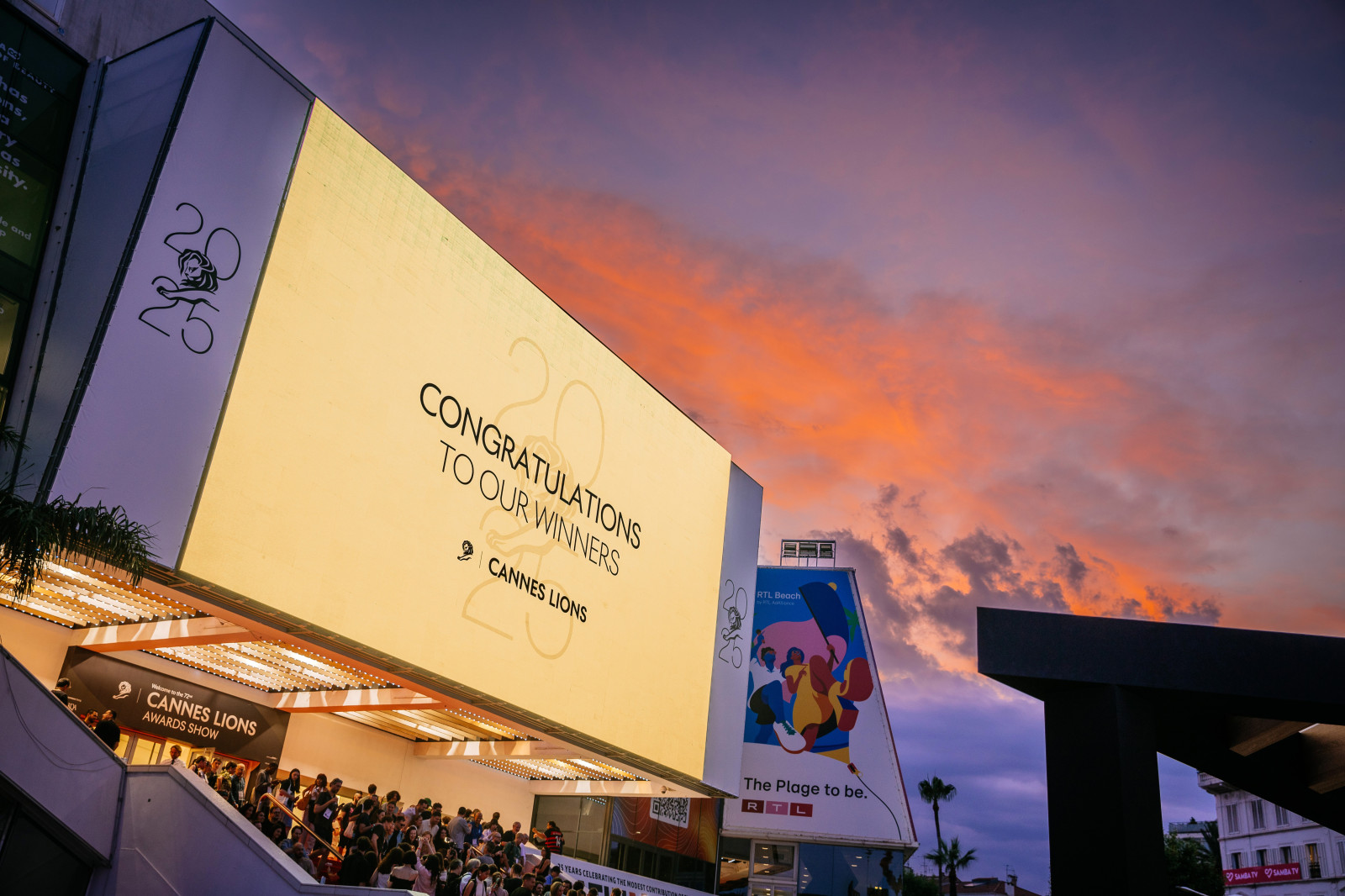
Credit: ‘Cannes Lions 2025, Getty Images’
Text: Leilani Streshinsky


